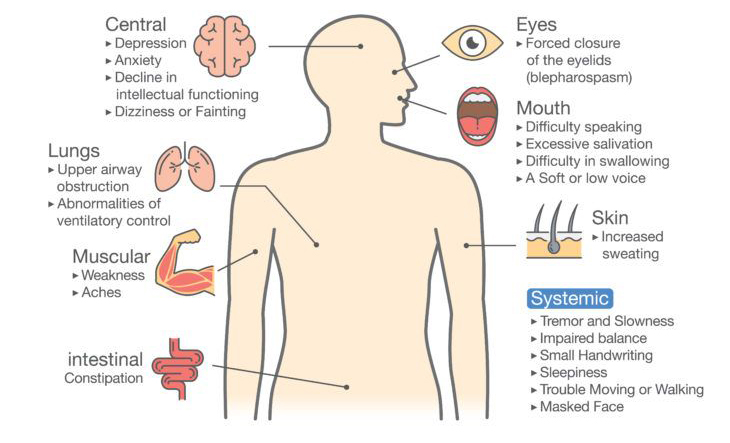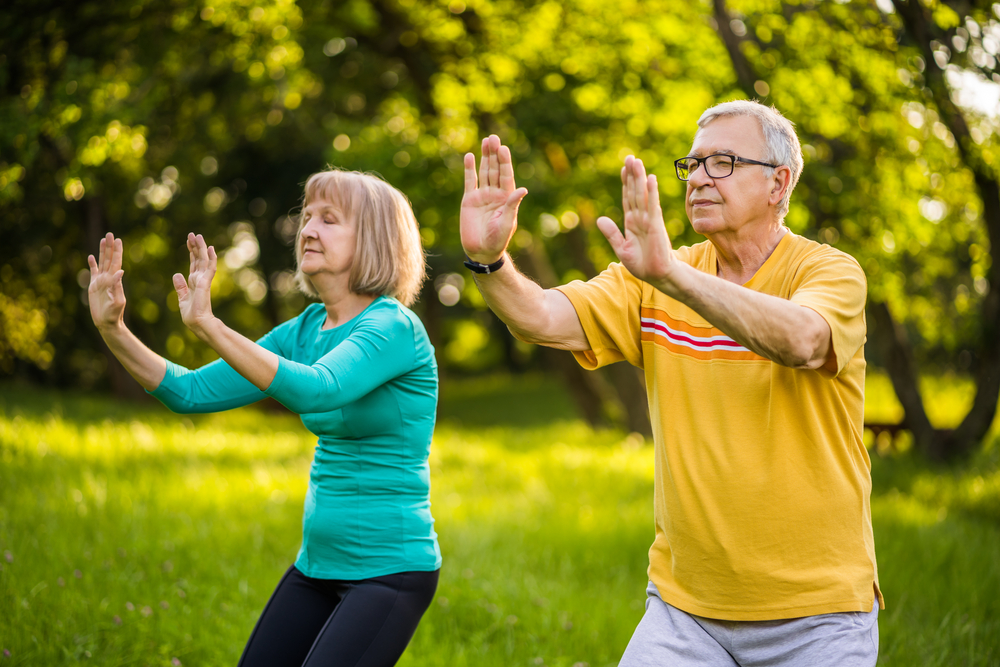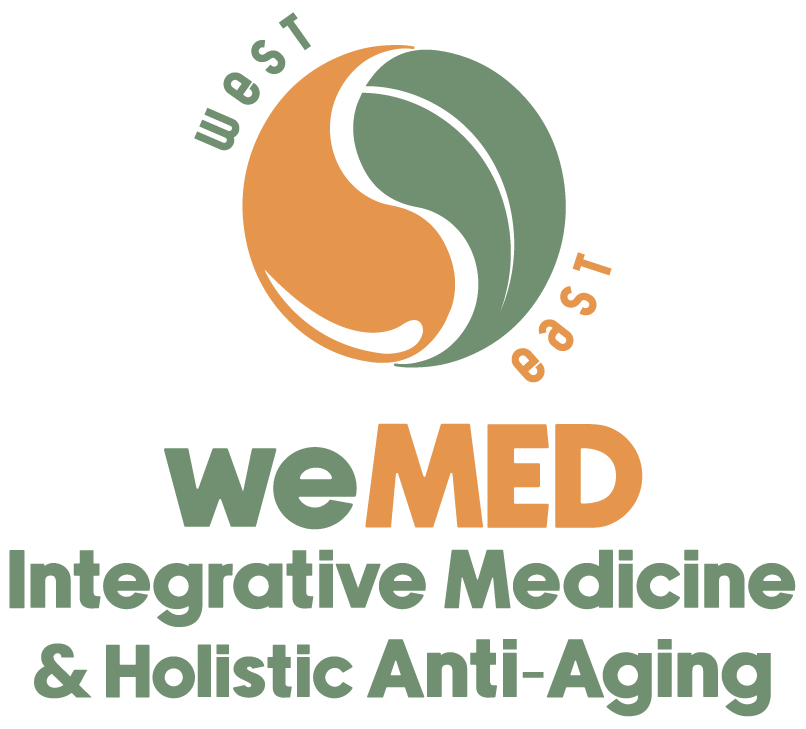Manage Parkinson’s Disease Naturally?
Parkinson’s disease symptoms include muscle rigidity, tremors, and changes in speech and gait. More people are being diagnosed with Parkinson’s disease than can be explained. Parkinson’s disease affects about 1% of the population above age 60, making it the most common neurodegenerative disease after Alzheimer’s. Genetics account for about 10% of Parkinson’s cases. Complementary and alternative medicine is defined as a diverse group of medical therapies, interventions, treatments, practices, and products that share in common their exclusion from conventional western medicine practices.

By combining Western with Eastern medicine we have been able to reverse many chronic health conditions natural products such as herbals, vitamins, minerals, and probiotics; mind and body practices such as acupuncture, meditation, movement therapies, relaxation techniques, tai chi, and yoga.
The practice of Tai Chi has been associated with stress reduction, improved agility and balance, better postural control, and improved strength, which have positive effects on Parkinson Disease symptoms. Tai Chi treatment stresses weight shifting and ankle sway to effectively move the person’s center of gravity toward the limits of stability, these inherent training features may have led to improved postural control and walking ability. These improvements indicate that Tai Chi would be effective in enhancing neuromuscular rehabilitation.

Qigong is a predecessor of Tai Chi that focuses on the internal movement of energy through the practice of meditation and focused movements. Many approaches work well to help maintain and improve mobility, flexibility and balance to ease non-motor Parkinson Disease symptoms such as depression or constipation. Each routine takes only a few minutes, which makes HIIT easy to incorporate into your busy day. And, best of all, it can be done in the comfort of your own home.
Used together, Qi’Gong meditation and High-Intensity Interval Training help you exercise smarter and with a clearer mindset.
Qi ‘Gong and High-Intensity Interval Training fit into Parkinson’s disease, but both services support and encourage results in the Nutrition Pillar, especially when practiced as part of your tailored wellness plan.
Acupuncture is a key component of traditional Chinese medicine in which thin needles are inserted into specific locations in the body in order to help relieve an ailment or issue. Acupuncture is most commonly used as a complementary therapy in patients with Parkinson Disease for a decrease in side effects, and improvements in daily life, such as improved sleep. Acupuncture can alleviate the symptoms of Parkinson Disease, delay the progression of these symptoms, allow for a decrease in the dosage of antiparkinsonian drugs, and decrease side effects. Acupuncture leads to the release of endorphins, or brain chemicals that can trigger a sense of wellness.
We found that acupuncture might be a safe and useful adjunctive treatment for patients with Parkinson Disease.
Dr. Bing You has practiced Qi’ Gong, Tai Chi, and he is a professor in teaching acupuncture for over 28 years. He believes that a healer has to be strong and healthy mentally and physically to help others.
Contact Wemed Health & Integrated Medicine toll Helpline at (713) 572-3888 or request a consultation frontdesk@wemedclinic.com

